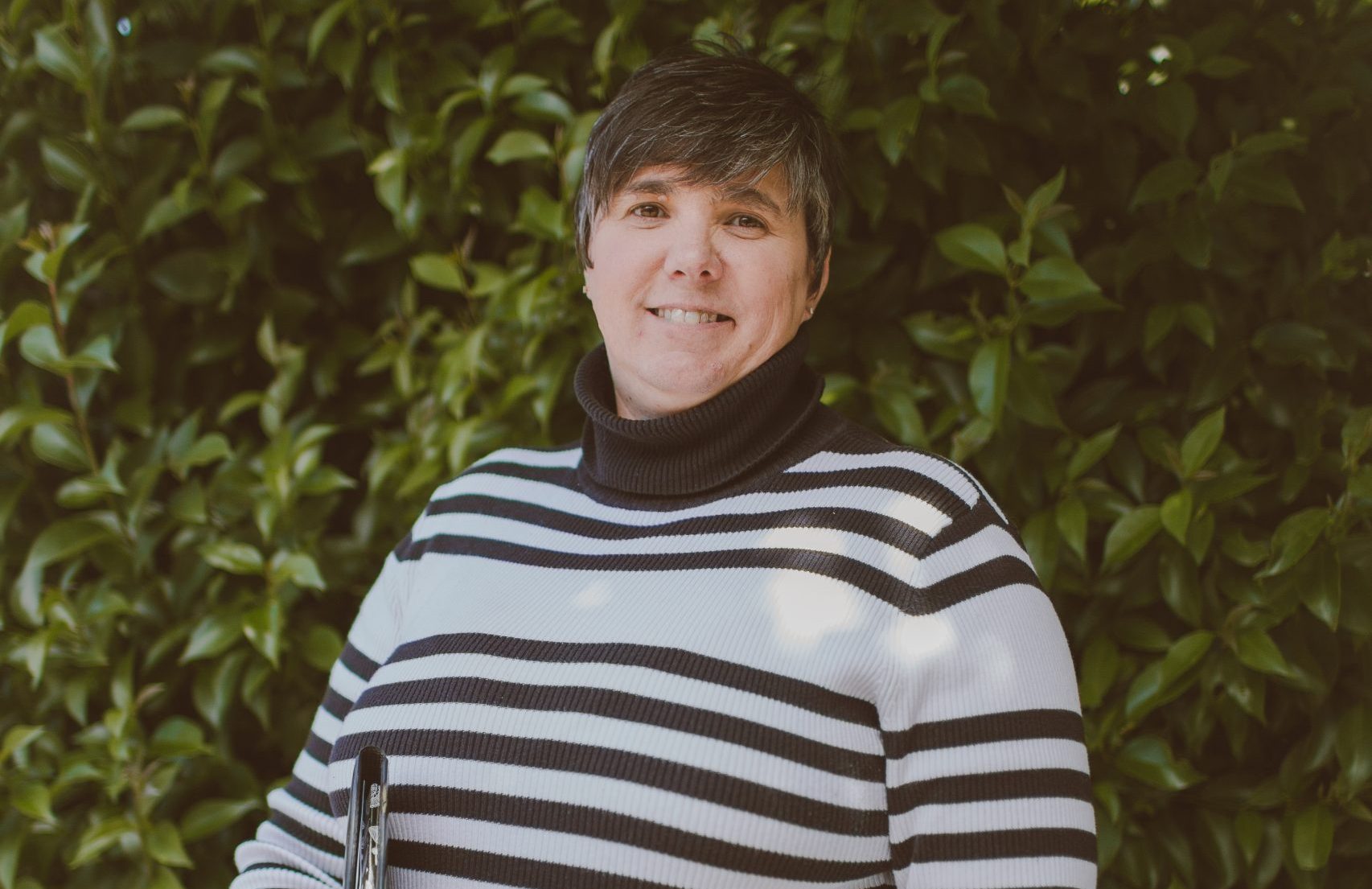Transition Specialist Janna Evans shares how she helps adult learners reach their goals

Everyone needs directions when they’re going someplace new. The same is true when your destination is career success. Transition Specialists like Janna Evans provide free supportive services to at-risk adult populations — inmates, immigrants, foster youth and those with disabilities — to help them achieve better education and employment outcomes.
“Their next chapter does not have to be a repeat of the last. Getting them into school, a job, vocational training or rehab is the first step in rewriting their story.”
Janna Evans, Re-entry Transition Specialist
Tell me about the Transition Specialist program.
This program was created less than 18 months ago. The team consists of seven Transition Specialists. I am the only one working with inmates in the county jail. The others work directly with the adult education schools and community colleges. We connect at-risk adults to employment services, vocational training, educational opportunities, social services, rehab programs, counseling and more.
How do you work with individual adult learners to identify goals and pathways?
We meet one-on-one with adult learners to discuss their interests, values and skills. Through career assessment tools and techniques, we help each student identify possible career options. The student can then learn what type of education is needed and have a clearer understanding of what it will take to obtain that goal. What they want is most important. We are here as a support and to offer guidance.
Are there Transition Specialists available to non-English speakers?
One of the Transition Specialists is bilingual in Spanish. If we need assistance with a non-English speaker, there is always another student or someone on staff at the jail, in the adult education centers or at the community colleges who can help.
What resources/options exist for adults with disabilities?
Mt. Diablo Adult Education’s Adults with Disabilities department has three programs to assist 1) individuals with developmental disabilities, 2) those who have suffered a brain injury and 3) adults with Asperger’s. The primary goal of these programs is to prepare students for self-sufficiency. The community colleges also have departments offering resources and support services to students with disabilities. The Transition Specialists work side-by-side with the staff in these programs.
What do you love about your job?
What I love about my job is that I get to help people transform their lives despite their incarceration. Their next chapter does not have to be a repeat of the last. Getting them into school, a job, vocational training or rehab is the first step in rewriting their story.
How can someone get in touch with a Transition Specialist?
An at-risk adult can get connected with a Transition Specialist through one of the community colleges or the local school districts’ adult education programs. The individual does not need to be a student to receive services.
For more information, visit cccaec.org or call this toll-free number to be directed to a Transition Specialist in your area: 1-800-949-0496
.
Written by Elizabeth Morabito
| Regions | Classes & Topics |
|---|---|
| Bay Area California | Variety of Classes |